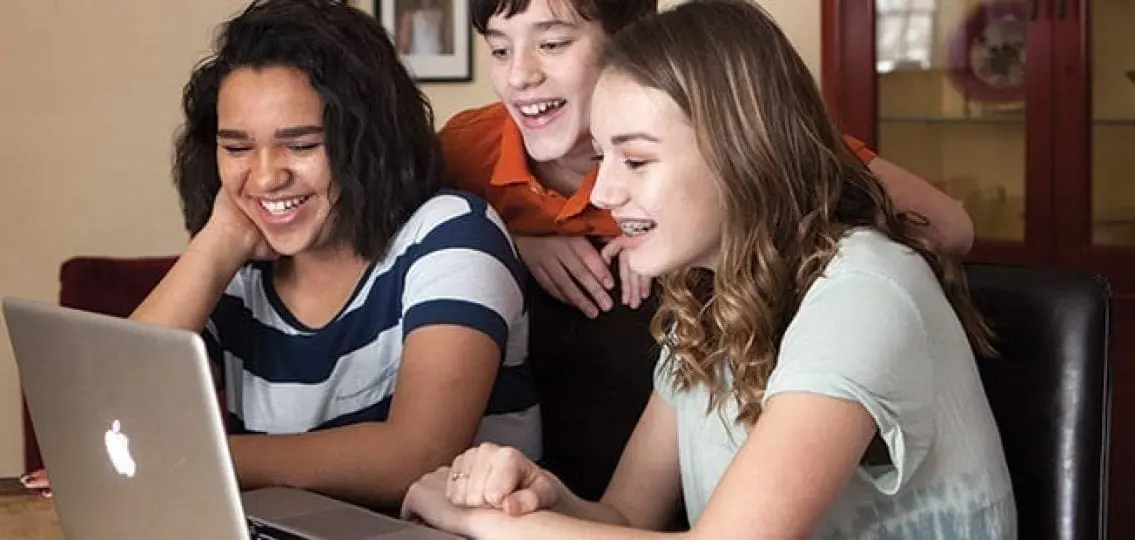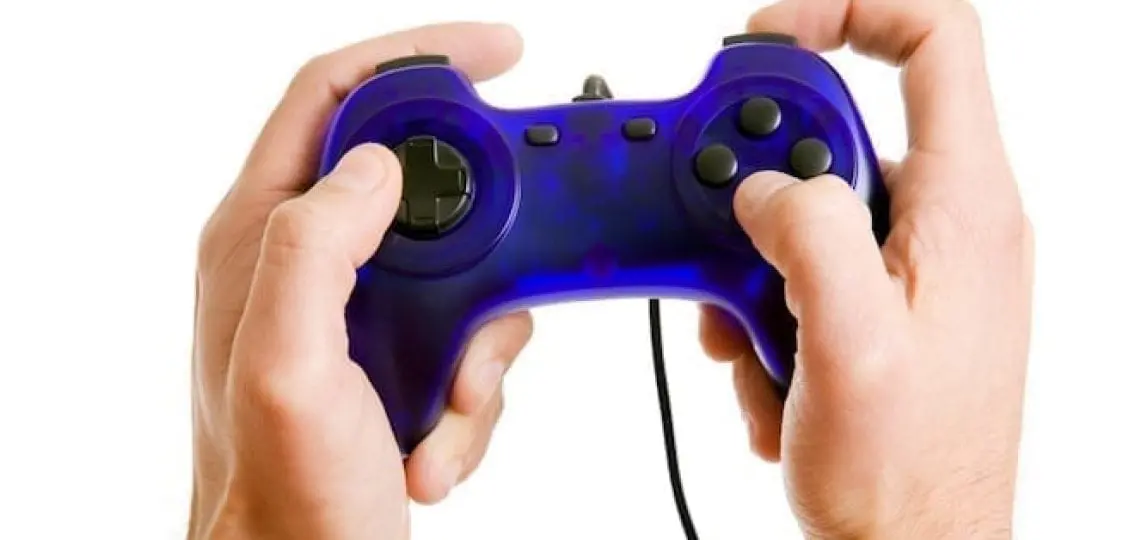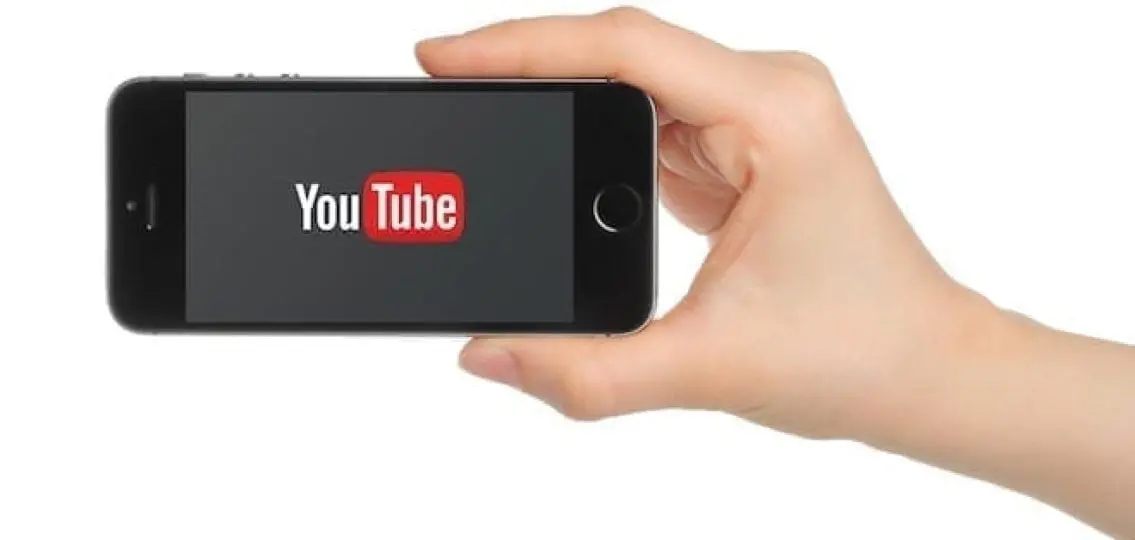As someone who grew up watching YouTube and playing video games, I have noticed that parents don’t always understand how their teens use the internet. It’s a foreign world with different rules, different concerns, and even different leaders. There is an entire language around the internet that parents often don’t even know about.

And here’s something I find concerning: Parents, you need to know more about YouTube.
YouTube: Beware What Your Kids are Watching
Yes, the usual internet safety tips are important. It’s important to tell teens not to post anything you don’t want people to find. But what your teen is watching is just as important as what your teen is posting.
Here’s a recent anecdote that highlights a whole part of the internet parents have missed: Logan Paul, disgraced vlogger. (And please, Google him if you must, but don’t go to his channel. Negative attention still makes him money.)
A vlog is an online blog that’s mainly videos. It’s almost like a diary, only for public consumption. Logan Paul posts videos of himself doing stupid things for views. His entire personality revolves around being obtrusive in public and catching it on camera.
Maybe some would say this sort of content is harmless. But Logan Paul’s M.O. is always to push the boundaries. For example, in his recent vlogs about his trip to Japan, he posted a video of himself discovering a body in the famous Japanese Suicide Forest. That’s right, he found a recently deceased body and posted it for the views. And made money from it.
After backlash and condemnation from others on YouTube, he removed the video. He posted some “apologies” for his actions, to varying effect. But many young fans are still defending his actions, refusing to see the sort of damage that this has caused. They excuse it as a joke or as just bad judgement.
YouTube Safety For Kids
Before I go any further, I want to clarify: kids watching YouTube is not inherently dangerous, per se. Many channels are fun and harmless. There are YouTube stars who are good people and good role models, even if they’re just playing video games. I admire plenty of them.
However, you can also find big name YouTubers who have begun touting white power or making jabs at the mentally disabled people and the LGBT community. Even the biggest name in YouTube, PewDiePie, had his Disney partnership revoked after using the n-word.
Not all of these people mean to do harm. But for kids watching YouTube without any adult oversight, many of these videos do cause harm.
Even if your family values don’t line up with these people, kids can get caught up in their messages. After watching some of these stars for years, people almost feel connected to them. Sometimes that feeling of connection will blind kids to how harmful their messages are.
How can you help your kids know what is and isn’t appropriate? I’m not one to advocate parents telling children what to watch. Honestly, I think outright banning kids from watching some of these personalities will just make them more enticing.
YouTube Safety Isn’t Just About Parental Controls
My suggestion for parents: if you want a safe YouTube experience, at least try to understand what your kids are watching. Pay attention to the messages your kids are absorbing. Maybe watch a few Minecraft videos they like or a vlog or two. Check out who your kids are following online and see who’s donating to charities and who’s degrading women (or even doing both). Then talk to your kids about it.
Don’t like how that Call of Duty streamer keeps using gay slurs? Talk to your kid about why. Help your child understand why a slur doesn’t exist in a vacuum. Think that movie review is making light of sexual assault? Talk to your child about how it affects people in real life. Teach your child to understand the difference between a harmless mistake and a harmful one.

Not all YouTube content is created equally. For every Logan Paul, there are other YouTubers dedicated to making the world a brighter place. Maybe you won’t understand or enjoy all the online content your kids are watching, but you can teach them to think critically about what they consume.



